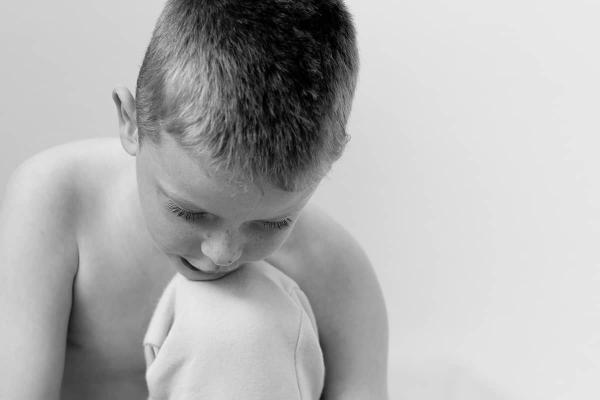
As a Marriage and Family Therapist I have a number of clients come to me who are in the middle of a divorce. But when they come into my office, they don't want to talk about them, they want to talk about their kids. They want to know what they can do to help their children through the divorce.
Not only do I see this in my office, this is one of the most common worries for many divorcing parents. They want to divorce their spouse (or are already in the process of it) but they don't want to hurt their children.
The good news is that, just because you're divorcing doesn't mean your children will inevitably be damaged, as a result. There are many things you can do as a parent to help your child through your divorce so they - and you - come out on top in the end.
Tips to help your child through your divorce
1) Be sympathetic
Being a child is tough. You have to go places you don't want to go just because your parents are going. You have to ask permission about everything. You have to eat all the food on your plate even if you don't like it. And you're always being told what to do or what not to do. These typical things inherently makes childhood tough. Then to add a parent's divorce on top of it all is just too much for a lot of kids.
Instead of getting upset at your child when she displays stress or behavior problems, be understanding. It really is a lot for her. Getting upset at him just creates more stress and makes it worse for him. Being understanding, though, helps him feel OK about what he's going through and helps him not to feel even worse.
2) Let them be children
If you're going through a divorce, the most important thing is to let your child be a child. Children need security, they need to play and have fun and enjoy typical childhood experiences. In movies, you'll often see a parent tell their child that "you're in charge now" or "you're the man of the house now that I'm gone" but this is the worst thing that can happen.
Let your child be a child. Don't expect her to suddenly begin being more responsible just because of the divorce. And don't laden her by talking to her about adult problems, either. Let them be kids and have the fun experience children have.
3) Create consistency through structure
Children thrive on predictability and reliability. When a divorce occurs, it makes them question how predictable and reliable things really are. And young children often don't have the emotional intelligence or insight into themselves to be able to "talk through" their feelings and emotions.
Instead of trying to "talk to them about it," create structure in the home that shows them consistency and reliability, instead. Create a consistent bedtime, after-school routine, etc. so they have as much reliability and predictability as possible despite the divorce.
4) Make sure to take time for your kids and give them undivided attention
It hurts children to see their parents fight. And it's natural for young children to question if their parents will still love them since they don't love each other anymore. Instead of telling them that you'll always love them, it's better to show them. You can show this by giving them your time and undivided attention. You may have other things you need to get done without your now-ex-spouse around as much but your children are more important than laundry or chores, etc. Take time for them and show that you love them.
Here's a reminder that children need both of you despite the divorce.
Divorce is hard on everyone. And with all the headaches that come with divorce, following these tips will help you have one less thing you'll have to worry about.

